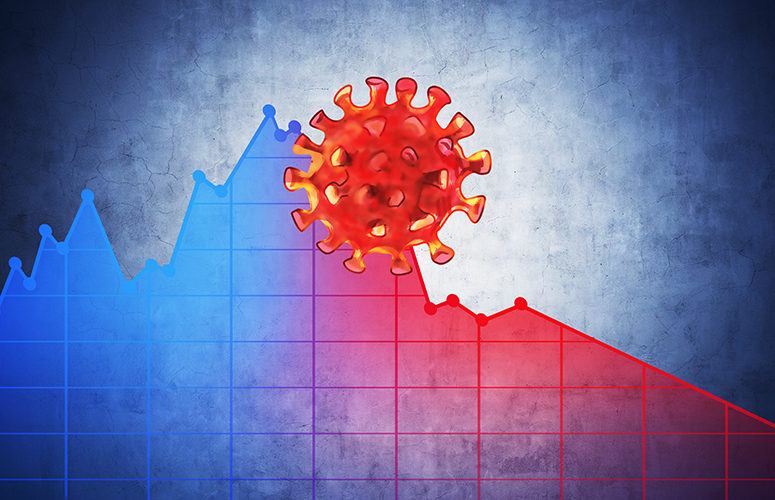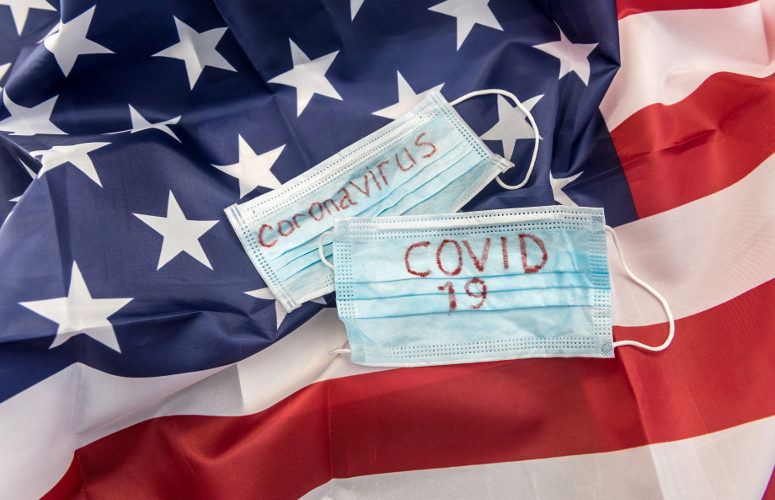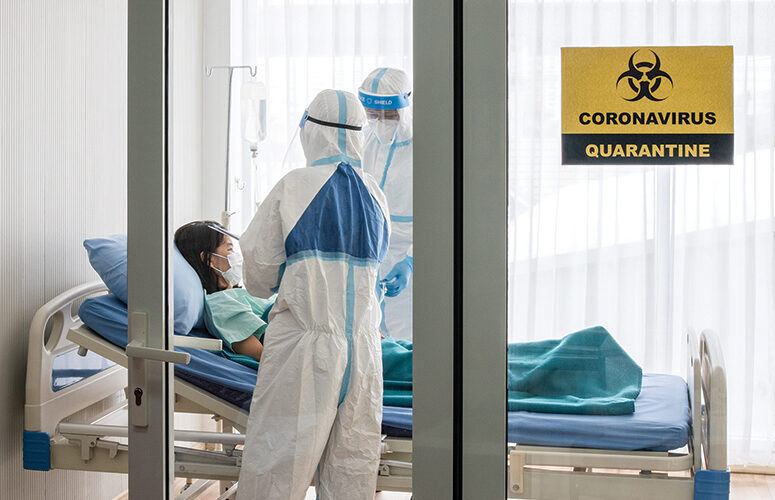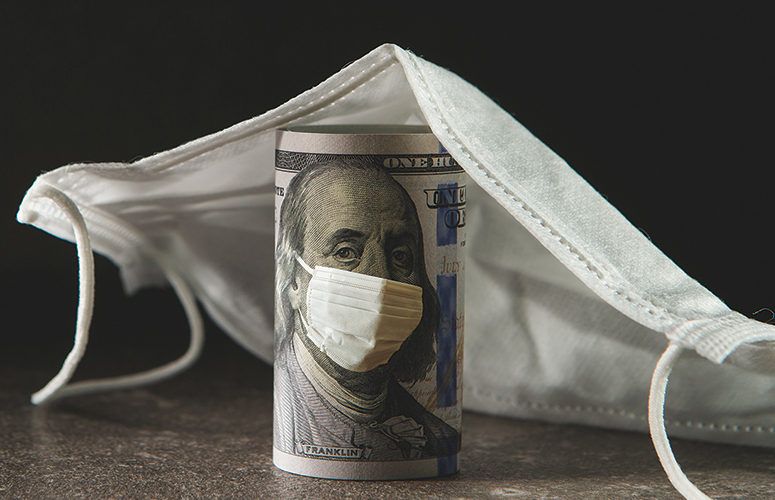
Prolonged COVID-19 Fallout Fuels Small Business Pain
By Michele N. Siekerka, NJBIA President and CEO On Jan 27, 2021On the eve of the governor’s 2021 State of the State address, New Jersey small business owners and nonprofit leaders gathered online to share their struggles surviving in the age of COVID-19. And the desperation in their voices literally brought some of the more than 150 participants to tears.
The “State of New Jersey Business Town Hall,” hosted by NJBIA and the New Jersey Business Coalition, was more than just airing grievances about 10 months of government shutdowns and state-mandated operating restrictions that are destroying the life’s work of many business owners. Their stories also provided a window to the solutions that could help sustain businesses and nonprofits in 2021, keep workers employed, and eventually help the state economy bounce back from the pandemic.
Legislators and state policymakers were online for the town hall too and heard firsthand about inconsistencies in some COVID-19 relief programs and the arbitrariness of certain state mandates affecting business operations. Media coverage highlighted these challenges and underscored the impact small businesses and nonprofits have on the jobs and social services families depend on.
Some business owners who are behind in their rent because they used COVID-19 relief aid to keep employees on the payroll took issue with the disconnect between government assistance programs. These businesses said they have no way to determine if the landlord now threatening to sue them over back rent also received government assistance a few months ago under another program for property owners whose tenants were unable to pay rent.
Main Street businesses said it would help them recover financially if the state reformed antiquated liquor license rules to allow smaller restaurants to serve a glass of wine with a meal. They also suggested the Department of Transportation be more flexible in its rules that are now barriers to turning a downtown street into a pedestrian walkway to bring more people into nearby businesses.
Restaurants and fast-food businesses said government restrictions that reduced indoor occupancy and mandated early closings were followed by an increase in the state minimum wage on Jan. 1, making it more difficult to stay afloat. One McDonald’s owner whose drive-through restaurants in Newark have been ordered to close by 11 p.m. asked the group why it was safe to sell someone a hamburger at 10:59 p.m., but unsafe to do so at 11 p.m.
Business owners and nonprofit leaders serving people with disabilities said obtaining personal protective equipment (PPE) is a struggle, especially since a state program that had allowed small businesses to apply for a 65% discount on PPE ended on Dec. 17.
Manufacturers whose facilities were deemed essential and permitted to remain open in the early days of the pandemic said they hoped their workers would be prioritized in the next phase of vaccine distribution. PPE manufacturers are especially busy now keeping up with high demand, and a COVID-19 outbreak that closes their facilities will unravel a vital piece of the PPE supply chain.
Food banks assisting hungry families, and nonprofits serving people with disabilities, mental illness and addictions are being overwhelmed. Former Lt. Gov. Kim Guadagno, the president and CEO of Fulfill, said the food bank she runs in Monmouth and Ocean counties has seen a staggering 445% increase in costs because of the high unemployment caused by the pandemic.
While the recent arrival of the vaccine is good news, it signals only the beginning of the end of this long nightmare. New Jersey businesses and nonprofits may need months or even years to regain their financial footing in the aftermath of COVID-19. We ask our policymakers to listen to what our businesses and nonprofits are saying.
To access more business news, visit NJB News Now.
Related Articles:





